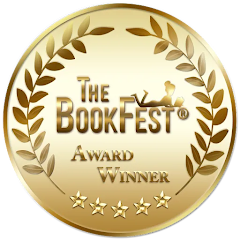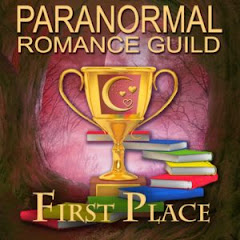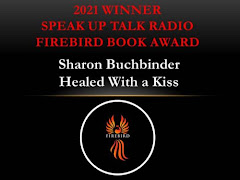As a relatively recent arrival to the
realm of “Published Full Length Romance Author,” I am here to provide the
contrarian’s guide to achieving this status. There truly is no one route to
publication. You really don’t need an
MFA. You don’t even have to have majored in English, although being able to use
the language correctly is a plus. You don’t have to starve in an attic writing
timeless prose or poetry. You don’t have to have lived in the belly of the
underworld and struggled with alcoholism and addiction, although that has
worked for others. You don’t even have to have designated office space. What do
you need? Here are my top ten tips for becoming a published romance author.
- Never grow up. Be curious about the world around you and wonder, “What if?” Grownups (i.e., anyone who is done growing) are boring. Childlike curiosity is not childish. It enables you to see the world with fresh eyes and to bring a new perspective to a story. Look at F. Paul Wilson’s The Keep. Paul is a physician who started writing medical thrillers. Then he had a wild idea: what if Nazi’s encountered vampires in World War II? The result is a cult classic. Keep saying, “What if?”
- Be yourself. There is only one you, and you have your own voice. Don’t try to be a clone of another author. And don’t promote yourself that way. Do not say, “Oh, my work is just like Nora Roberts.” Um, no it isn’t. You will only be a pale imitation of that author--but you are unique.
- Get a job that pays. Money. Preferably with benefits. Because you have to live. While this flies into the face of those who say "do what you love and the money will follow," this is a tough business. Even for the most talented author, it takes time to climb the book rankings. Besides, who wants to live in their parents’basement forever?
- Seize the moment. You can write in 15 minute blocks, at lunch, on break, in a fast food restaurant, on a napkin (yes, I’ve outlined entire books on a napkin), before the kids are conscious, in the bathroom, in the middle of the night when you can’t sleep. If you are passionate about writing, if it is an obsession, you will be unable to resist the urge to write. Where ever you go, have a notepad or phone and jot or text your ideas to yourself. I used the notepad app in my phone and made a list of story ideas. When I looked at it 3 years later, I had written all those stories. Carpe diem, carpe noctem, carpe wheneverem.
- Get rejected. Yes, get rejected. You will learn from those rejections what works and what doesn’t. I was rejected by over 100 (no, that is not a typo) agents. That experience taught me to look at other avenues to publication. Paper your office with your rejections. The right agent can be an author's best advocate in the competitive publishing world.
- Have trusted readers. When I started writing my first novel, I needed a cheering section to keep me going, to give me the courage to keep writing. That first stage should not last more than a year--at most. The next step is to put your work out there for others to read and critique. No smoke blowing allowed. Regardless of what path you go--paid editor, critique group, critique partner--you must have other readers. Otherwise, it’s like well, dare I say it? Masturbation. It feels good for you, but it wasn’t good for the other person. Be brave, get alpha and beta readers and listen to their constructive criticisms.
- Be persistent. Did I mention I received over 100 rejections from agents? If I hadn’t been persistent, I would have never had the courage to send my work to contests, I would have never won writing awards, I would have never had the chutzpah to send my little story to a small electronic publisher and gotten it published. You must press on.
- Do not whine. No one, and I do mean no one, likes a whiner. If you get rejected, allow yourself no more than 24 hours to cry, stomp your feet, and have a pity party. After 24 hours, STOP. Be child like, but not childish.
- Don’t take it personally. While the story of your heart is your baby and you know this is the best (fill in the blank) story ever told, publishing is a business. The publisher is not going to take a story that doesn’t fit with their lines or needs. They are in business to make money.
- And finally, if it doesn’t fit, find another publisher--or publish it yourself. Right now, we have a lot of choices as authors. Agents, editors and publishers are feeling the pressure to perform. Some are responding to the sea change and stepping up to the plate to market and promote our stories. I believe there are many great opportunities with traditional publishers. I don't think this is an either or proposition. I see self-publishing as a great prospect (with some caveats) to connect with our readers and do what we do best: tell a story.
















































No comments:
Post a Comment